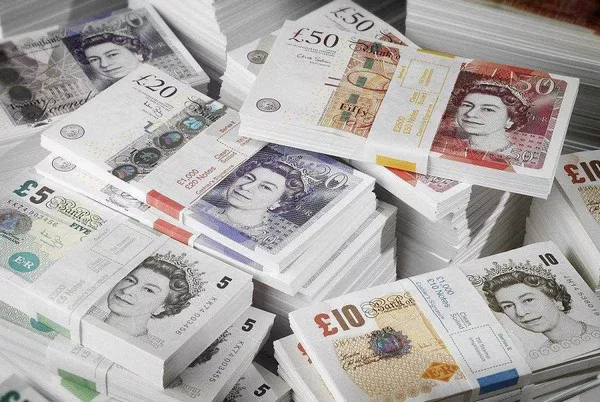The British Pound Sterling, symbolized as GBP, has a long and storied history, reflecting the economic, political, and social landscape of the United Kingdom. Its value fluctuates over time, influenced by various factors both domestic and international. Understanding the weakest points of the Pound requires a deep dive into historical events, economic factors, and their impacts on the UK economy and consumers.
Historical Context
The Pound has weathered numerous storms throughout history, from economic recessions to political upheavals. One significant event that impacted its value was the UK’s decision to exit the European Exchange Rate Mechanism (ERM) in 1992, famously known as “Black Wednesday.” This move led to a sharp depreciation of the Pound against other major currencies, as confidence in the UK economy waned.
GBP to USD Rate History
Examining the historical exchange rates between the Pound and the US Dollar reveals pivotal moments of weakness. In 1985, the Pound hit its lowest point against the Dollar, trading at around $1.05. This was largely attributed to economic uncertainty and concerns over the UK’s trade deficit. Similarly, during the global financial crisis of 2008, the Pound plummeted to around $1.35, reflecting investor fears and market instability.
Economic Factors
Economic fundamentals play a crucial role in determining currency strength or weakness. Factors such as inflation, interest rates, and trade balances directly impact the value of the Pound. High inflation rates erode the purchasing power of the currency, leading to depreciation. Likewise, a widening trade deficit can signal economic vulnerability, putting downward pressure on the Pound.
Comparative Analysis
Comparing the Pound’s performance with other major currencies during its weakest periods provides valuable insights. For instance, during the 2008 financial crisis, the Pound experienced significant depreciation not only against the US Dollar but also against the Euro and the Japanese Yen. This underscores the interconnectedness of global markets and the widespread impact of economic downturns.
Impact on Economy and Consumers
A weak Pound has far-reaching implications for the UK economy and consumers. Import costs rise as the Pound loses value against other currencies, leading to higher prices for imported goods. This can fuel inflationary pressures and squeeze household budgets. Additionally, a weak Pound makes foreign travel more expensive for UK residents, impacting tourism and related industries.
Recovery and Strengthening
Efforts to bolster the Pound’s value often involve a combination of monetary and fiscal policies. Central banks may intervene in currency markets to stabilize exchange rates, while governments implement structural reforms to address underlying economic imbalances. Following the 2008 financial crisis, the Bank of England pursued quantitative easing measures to stimulate economic growth and restore confidence in the Pound.
Current Trends
Analyzing current trends in the value of the Pound reveals a mixed picture. Despite initial setbacks due to Brexit uncertainties, the Pound has shown resilience in recent years. However, challenges such as the ongoing COVID-19 pandemic and geopolitical tensions continue to pose risks to its stability. Expert predictions vary, with some forecasting gradual appreciation while others warn of potential volatility ahead.
See also What Are The Coins Of The Pound Sterling?
In conclusion, the weakest points of the British Pound reflect a complex interplay of historical events, economic factors, and global dynamics. While the Pound has endured periods of vulnerability, it has also demonstrated resilience in the face of adversity. Moving forward, proactive measures to address underlying economic challenges will be essential in safeguarding the Pound’s value and promoting sustainable growth.
This comprehensive overview highlights the multifaceted nature of currency valuation and underscores the importance of a holistic approach to economic management. As the United Kingdom navigates through uncertain times, a deeper understanding of the factors shaping the Pound’s trajectory is paramount for informed decision-making and policy formulation.


